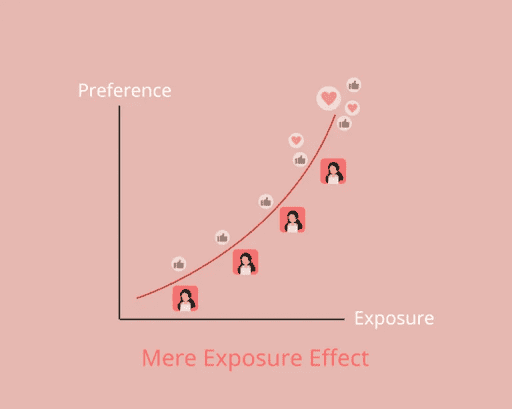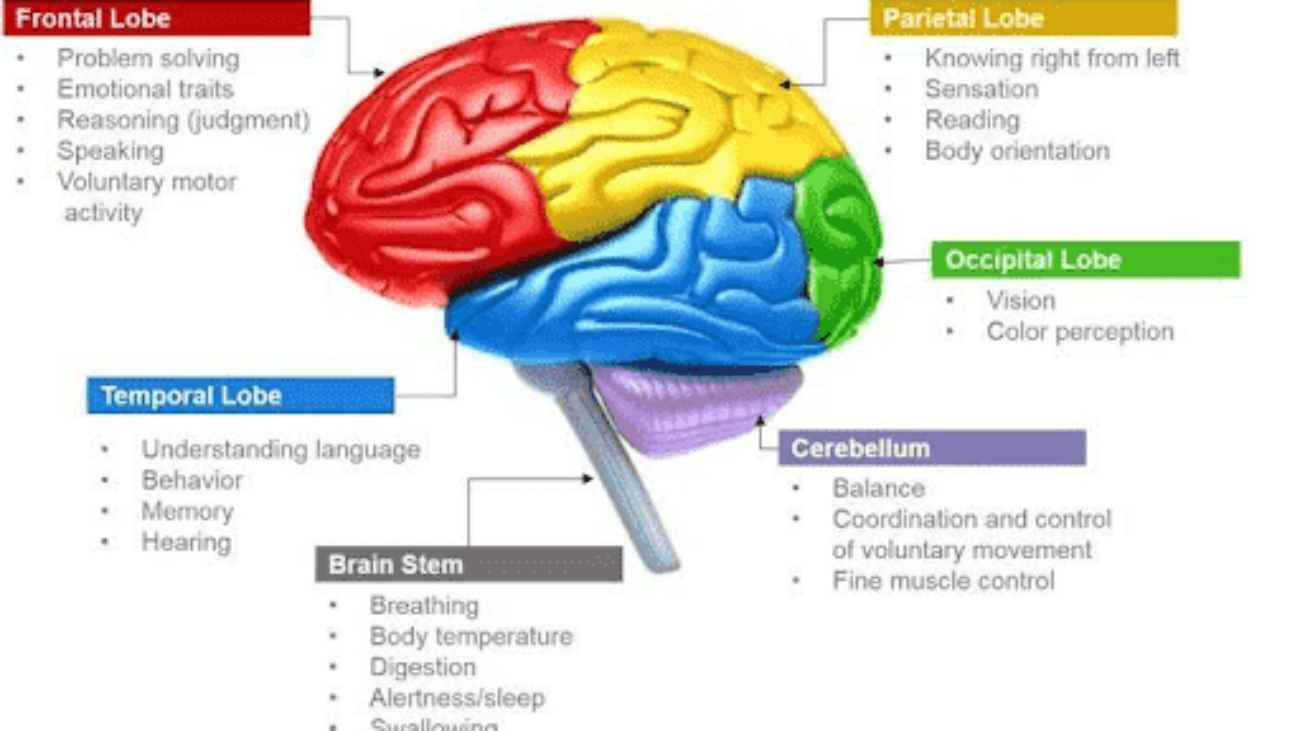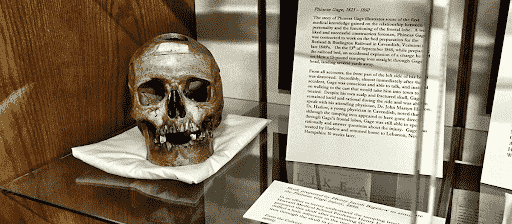
The Magic of Reading
Reading is normally regarded as a relaxing pastime or a characteristic of a stereotypically smart person. But according to actual MRI scans, reading has amazing effects on your overall mental and physical well-being.
When we read, parts of our brain “light up”. The more “lighting up” our brain does, the more we are working on it. The more we read, the more our brain develops, becoming better at its job and working more smoothly. And just like physical activity, more strenuous activity works your brain more.
Reading doesn’t only make you smarter! Daily reading can help your mental and physical health in the long run. Continuous brain exercise can prevent mental decline, depression, Alzheimer’s, and dementia. According to a study by Rush University Medical Center, “People who’ve engaged in mentally stimulating activities all their lives were less likely to develop the plaques, lesions, and tau-protein tangles found in the brains of people with dementia.” (Rebecca Joy Stanborough)
Along with this, there is proof that reading can help you live longer. In a study centered around seniors, they found that those who read lived 2 years longer than those who didn’t or spent more time-consuming other forms of media. Next time you feel like picking up your phone or turning on the TV, try picking up a book!
Have you noticed that the last thing you do every day before bed is scrolled on your phone? This habit is detrimental to our health due to the constant exposure to bright lights. Replacing phones with reading can also help relaxing before sleep in ways that phones can’t. Just 30 minutes of reading can lower “blood pressure, heart rate, and feelings of psychological distress” (Stanborough).
How Can Reading Affect Your Day-to-Day Life?
Reading consistently can have effects on your everyday life too. For example, you may notice that reading more exposes you to more vocabulary. Reading more books can help you articulate yourself better, in formal conversations and writing.
Stress reduction is one of the most known benefits of reading. It can be a way to escape from all the chaos of life and into a more still, tranquil world. Reading can also help students with high-stress levels. A few minutes of reading per day can be snuck into a busy schedule, and depending on what genre or subject you are reading, the topics discussed in a book can bring tranquility to your life.
While we read, we’re transported into a whole new world, and we don’t even notice how much our brains work! There are new places, names, and plots you have to keep in mind. All this new information helps your brain work your memory, and it quickly helps you remember details in your real life.
Conclusion
Reading has so many benefits, both short-term and long-term! So next time you feel like picking up your phone or turning on the TV, try picking up a book!
References:
- https://www.crawshawacademy.org.uk/seecmsfile/?id=165
- https://www.healthline.com/health/benefits-of-reading-books
- Cover image: Koshevaya_k on Pexels.com








